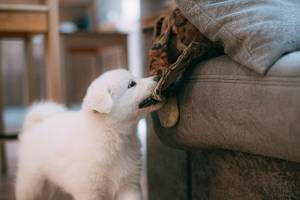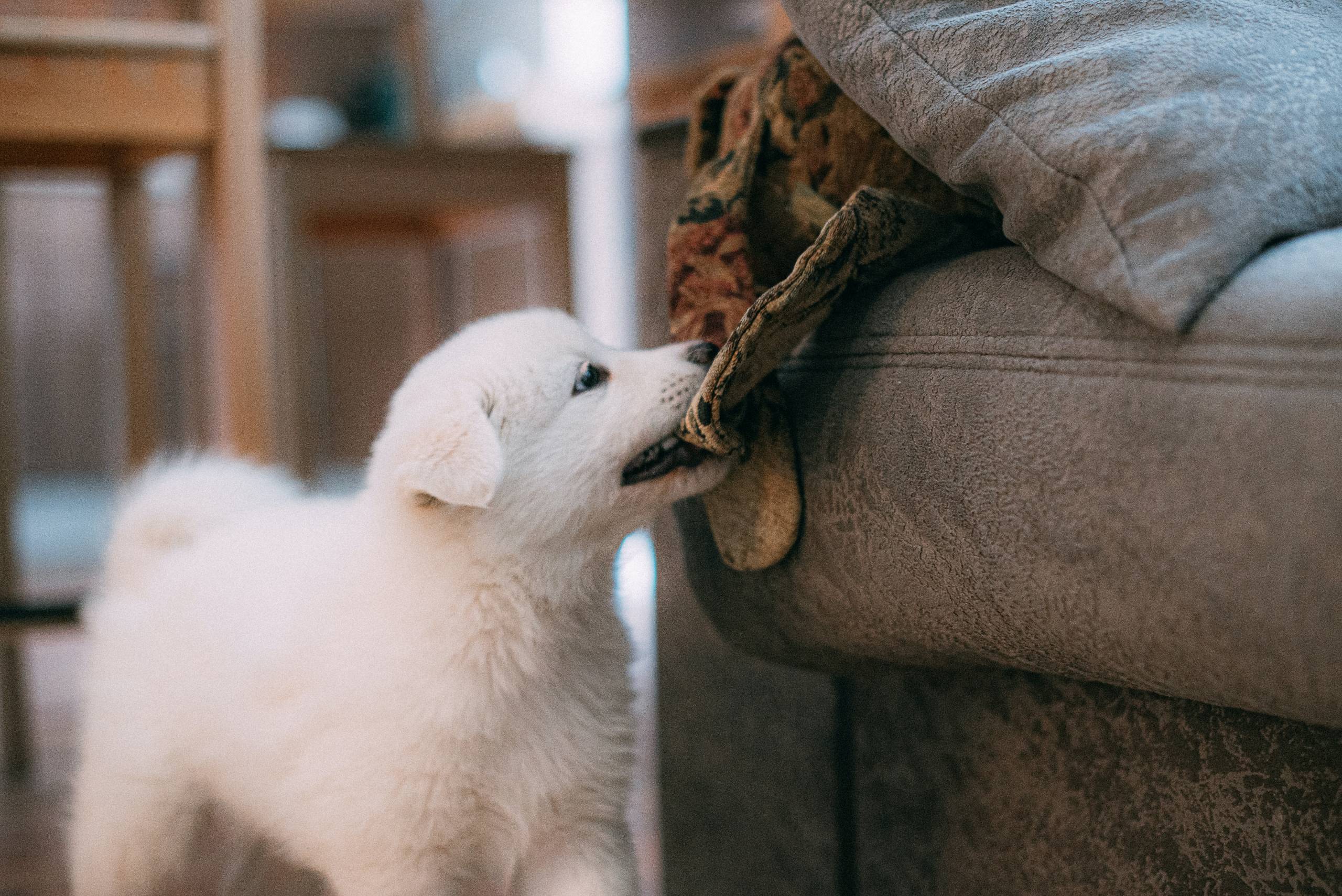
First things first, it’s important to understand that puppy hiccups are usually harmless. Just like in humans, hiccups in dogs are caused by involuntary contractions of the diaphragm—the muscle that separates the chest from the abdomen. When this muscle contracts, it causes the vocal cords to close, producing that familiar “hic” sound. In puppies, these contractions can be triggered by a variety of factors.
One common cause of hiccups in puppies is rapid eating or drinking. As your puppy eagerly devours their food or laps up water, they may swallow air along with it. This can lead to irritation in the diaphragm, resulting in hiccups. Additionally, excitement or stress can also contribute to hiccups in puppies. Just like human babies, puppies can become overstimulated, leading to those adorable yet slightly concerning hiccups.
Another potential cause of puppy hiccups is temperature changes. When puppies get cold or too warm, their bodies may respond with hiccups. This could be a result of their bodies trying to regulate their internal temperature, or it might be a simple reaction to feeling uncomfortable. Keep an eye on your puppy’s environment and make sure they are comfortable and properly warm to minimize the occurrence of hiccups.
In some cases, hiccups can also be triggered by allergies or respiratory irritants. Just as humans might experience hiccups due to allergies or sensitivities, puppies can also have similar reactions. If you notice that your puppy’s hiccups are frequent and seem to be linked to specific environments or allergens, it may be worth consulting with your vet to rule out any underlying issues.
Now that we understand some of the potential causes of puppy hiccups, let’s talk about what you can do to help your little companion. If your puppy gets hiccups, there’s no need to panic. In most cases, hiccups will go away on their own within a few minutes. However, if you want to help speed up the process, try calming your puppy down. Offer gentle pets and soothing words to help ease any stress or excitement they might be feeling.
Additionally, you can also try offering your puppy a small amount of water to help ease the hiccups. Just like with humans, sipping water can sometimes help alleviate the diaphragm irritation causing the hiccups. Remember to avoid any sudden or drastic interventions, and always consult your vet if you have ongoing concerns about your puppy’s hiccups.
In conclusion, puppy hiccups are a normal and usually harmless occurrence. While they may cause a moment of concern for any dog owner, it’s important to remember that they are typically nothing to worry about. By understanding the potential causes and taking simple, calming measures, you can help your puppy through these adorable but temporary episodes. If you ever feel unsure or concerned about your puppy’s hiccups, don’t hesitate to reach out to your veterinarian for guidance and reassurance. After all, caring for our furry friends is all about ensuring their well-being and happiness, hiccups and all.[/fusion_text]



